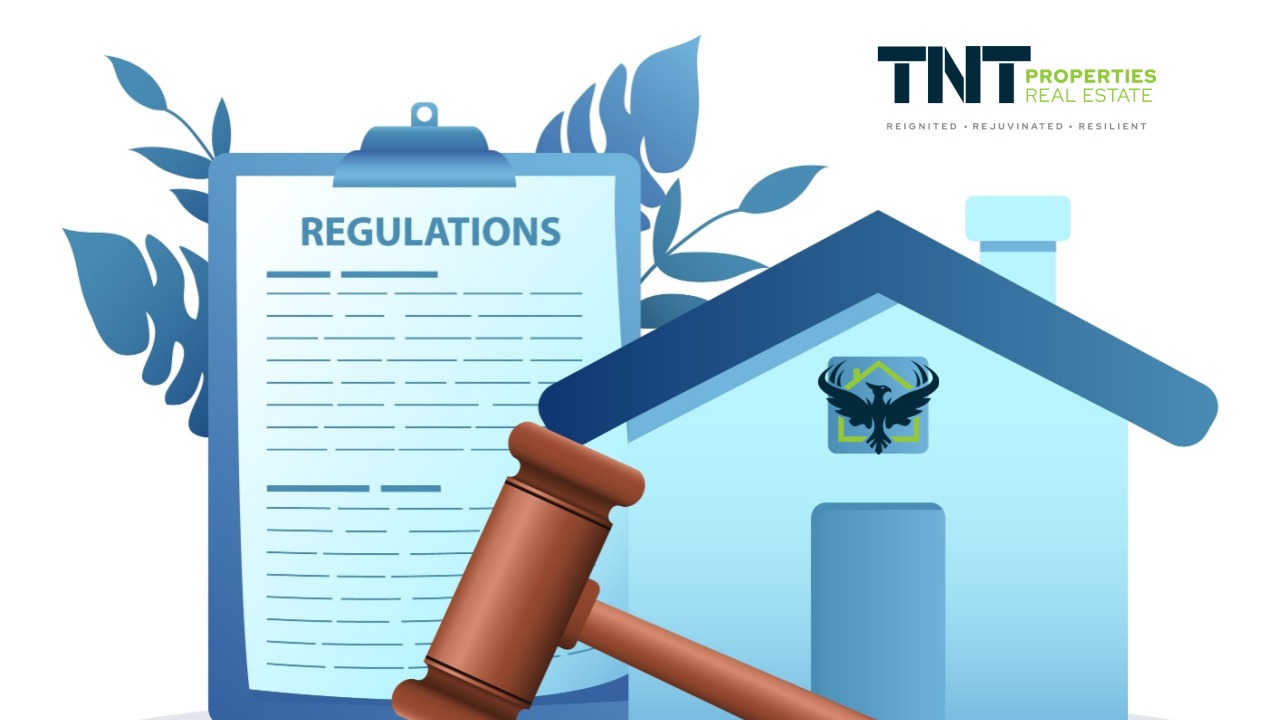Navigating Legal and Tax Considerations – Part 7
Welcome back to our comprehensive series on real estate investment with TNT Properties. In this seventh installment, we delve into the crucial aspects of legal and tax considerations when investing in rental properties. Understanding these elements is key to ensuring a smooth and profitable investment journey.
Legal Considerations in Rental Property Investment
Zoning Laws and Regulations
Before investing in a rental property, it’s essential to understand the zoning laws in the area. Zoning laws dictate how a property can be used, whether for residential, commercial, or industrial purposes. Ensure that your intended use aligns with these regulations to avoid costly legal issues.
Property Rights and Landlord Responsibilities
As a landlord, you have specific rights and responsibilities. These include maintaining a safe and habitable property, respecting tenant privacy, and adhering to the terms of lease agreements. Familiarize yourself with local landlord-tenant laws to protect both your rights and those of your tenants.
Lease Agreements
A well-drafted lease agreement is your first line of defense in any rental investment. This legal document should clearly outline the terms of the rental, including rent, deposit, maintenance responsibilities, and rules regarding pets or alterations to the property.
Tax Implications of Rental Properties
Income Tax on Rental Revenue: Rental income is taxable. As a property owner, you must report this income on your tax returns. However, you can also deduct certain expenses related to the rental property, such as mortgage interest, property taxes, insurance, maintenance costs, and depreciation.
Depreciation
Depreciation is a significant tax deduction for rental property owners. It allows you to deduct the cost of buying and improving a rental property over its useful life. Understanding how to calculate depreciation correctly can significantly impact your tax liability.
Capital Gains Tax
When you sell a rental property, you may be subject to capital gains tax on the profit you make. The rate depends on how long you’ve owned the property and your income level. Long-term capital gains tax rates are generally more favorable than short-term rates.
1031 Exchange
A 1031 exchange, also known as a like-kind exchange, allows you to defer paying capital gains taxes when you sell a rental property and reinvest the proceeds in another property. This can be a powerful tool for growing your real estate portfolio tax-efficiently.
Navigating the Complex Landscape
Navigating the legal and tax landscape of rental property investment can be complex, but it’s crucial for your success. Consider consulting with a real estate attorney and a tax professional who specializes in rental properties. They can provide valuable insights and help you avoid pitfalls.
In conclusion, understanding and complying with legal and tax obligations is essential in making your rental property investment a success. Stay informed, seek professional advice, and always be prepared to adapt to changes in laws and regulations.
Join us in our final article of this series, where we will discuss the importance of building a network in real estate investment. As always, TNT Properties is here to guide you through every step of your real estate journey.


 Previous Post
Previous Post Next Post
Next Post





